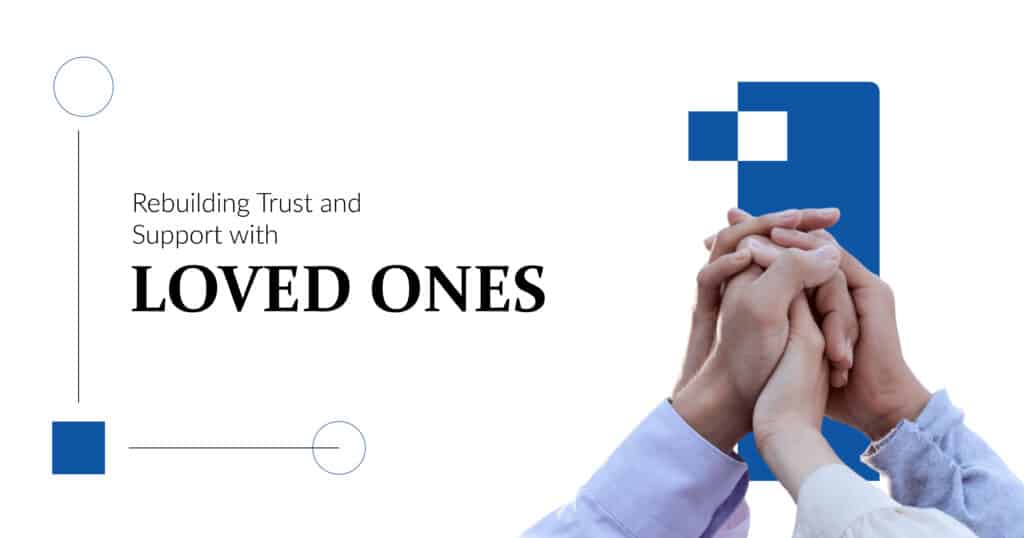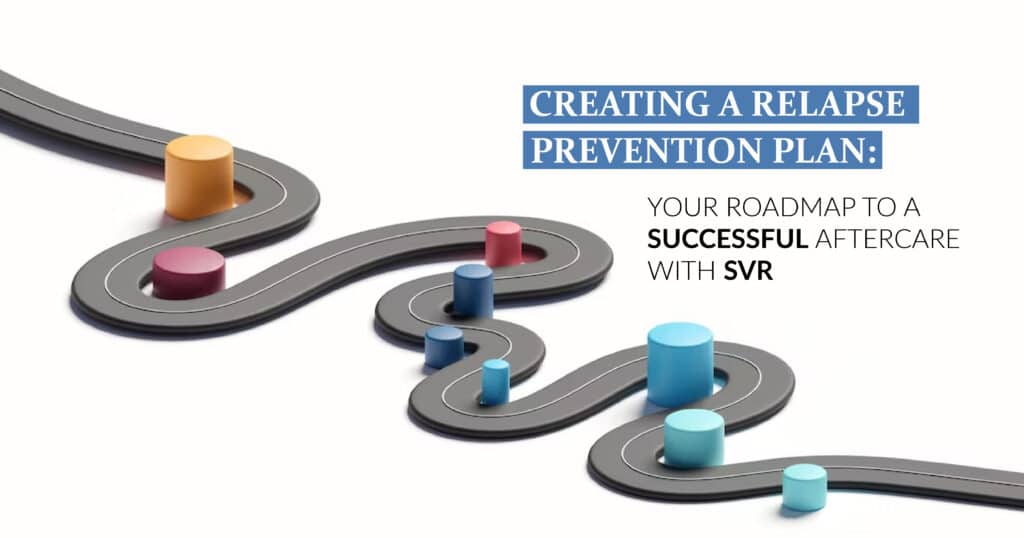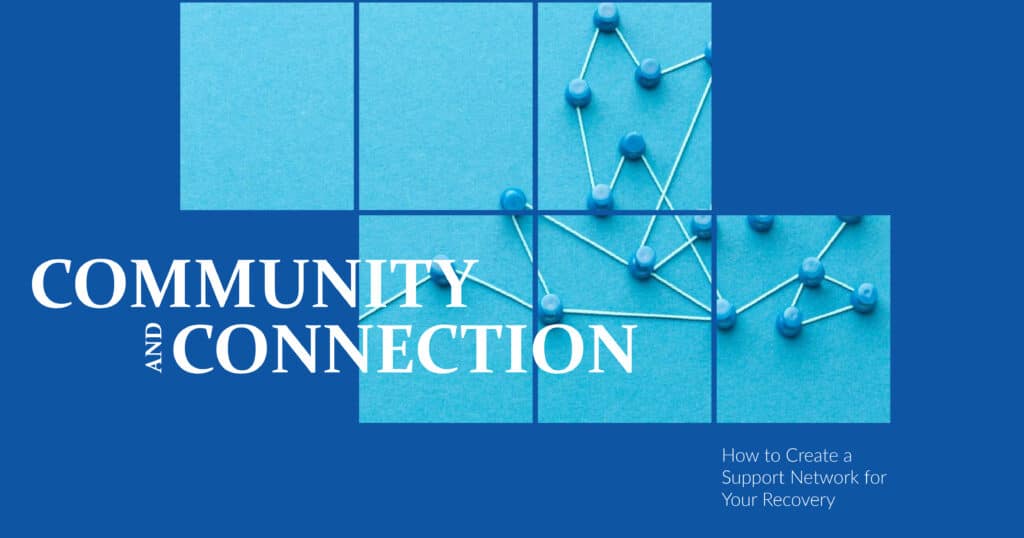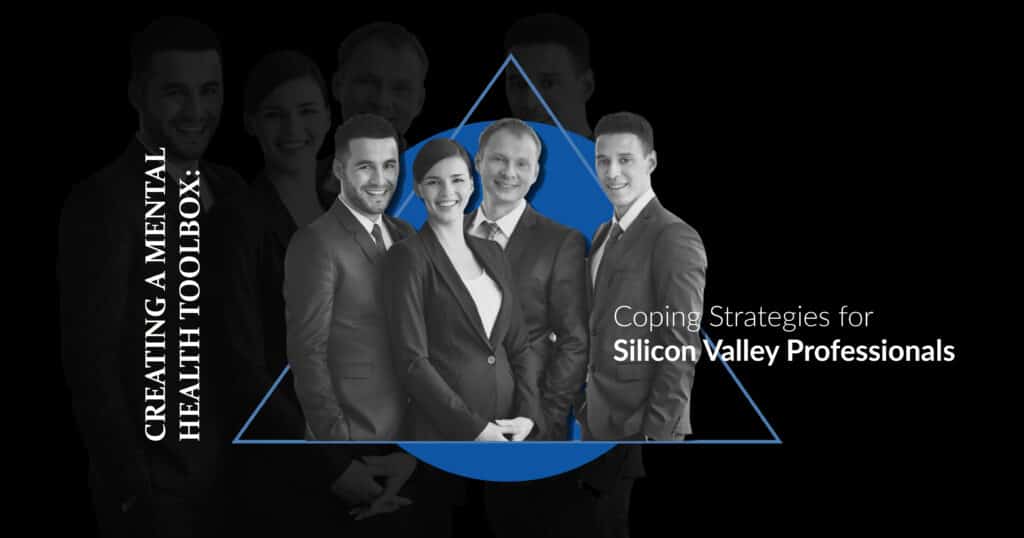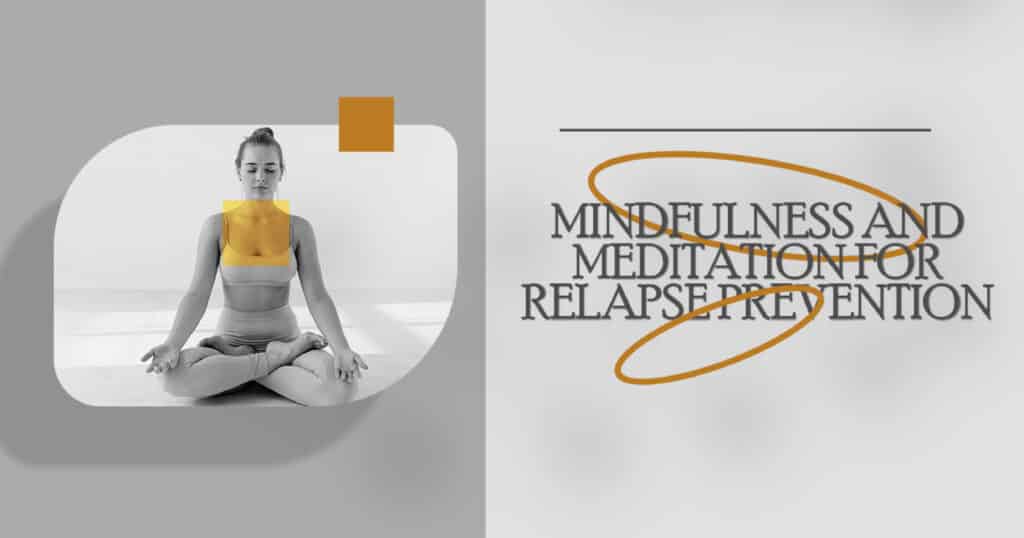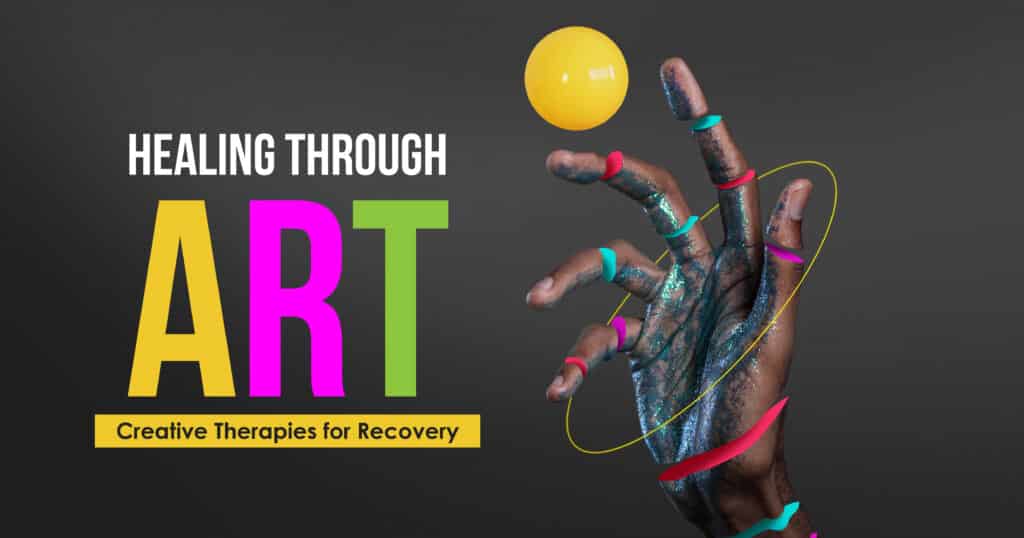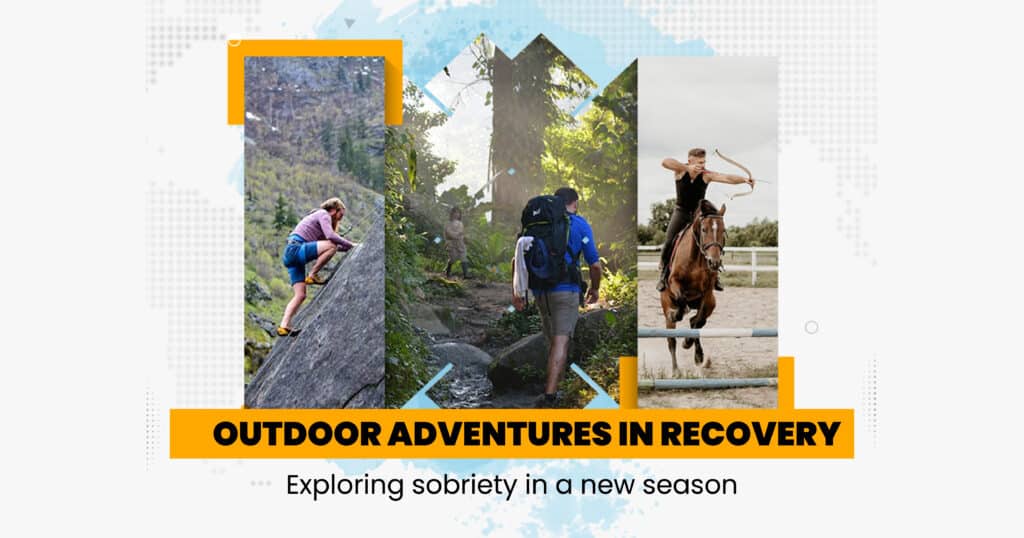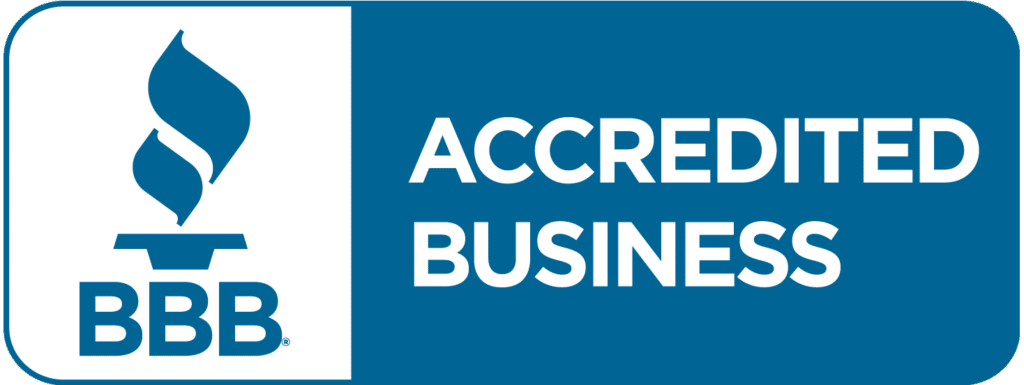Alcohol and Inflammation
In the bustling heart of Silicon Valley, where innovation and progress dance hand in hand, there exists a haven of healing – Silicon Valley Recovery. Amidst the relentless pace of technological advancement, this sanctuary offers a serene escape for those battling the formidable duo of Alcohol and Inflammation. As we delve into the intricacies of this symbiotic relationship, let’s explore how the dedicated team at Silicon Valley Recovery embraces a holistic approach to guide individuals toward a life free from the shackles of addiction.
Unraveling the Connection: Alcohol and Inflammation
A Toxic Tango
In the realm of substance abuse, alcohol isn’t just a party crasher; it’s an accomplice to inflammation. The body, a finely tuned orchestra of cells and systems, reacts to excessive alcohol consumption with a cacophony of inflammatory responses. Silicon Valley Recovery recognizes this toxic tango, understanding that to heal from addiction, one must address the physical repercussions on the body’s inflammatory pathways.
Inflammation’s Stealth Onset
Inflammation, often veiled in subtlety, creeps into the body silently. Much like a stealthy intruder, it sets the stage for a cascade of health issues. Silicon Valley Recovery’s approach involves not only liberating individuals from the clutches of alcohol addiction but also delicately dismantling the inflammatory landmines left behind.
Silicon Valley Recovery: A Healing Oasis
Personalized Care as the Compass
At Silicon Valley Recovery, the compass guiding the journey to recovery is personalized care. The staff, finely attuned to the unique needs of each individual, orchestrates a symphony of healing tailored to the nuances of addiction and inflammation. In this oasis, treatment isn’t a rigid protocol but a flexible, evolving process, adapting to the ever-changing landscape of recovery.
Evidence-based Practices: The North Star
Navigating the uncharted waters of recovery requires a reliable North Star. Silicon Valley Recovery grounds its approach in evidence-based practices, intertwining scientific rigor with compassionate care. Here, the pursuit of healing is not a blind leap; it’s a guided expedition backed by the latest advancements in addiction treatment and inflammatory science.
A Heart-Centered Approach
In Silicon Valley Recovery, the heart reigns supreme. It’s not just about healing the body; it’s about nurturing the soul. The staff’s dedication extends beyond eradicating addiction; it embraces the essence of each individual, fostering an environment where recovery transcends the physical and touches the core of one’s being.
Navigating the Journey: Beyond the Stereotypes
Treatment ≠ Confinement
In Silicon Valley Recovery, the notion of being “in treatment” defies conventional stereotypes. It’s not a sterile confinement but a transformative experience. The environment, carefully curated for comfort, resembles more of a cocoon than a clinical setting. It’s a place where healing isn’t a duty but a liberating journey towards self-discovery.
Breaking the Chains of Stigma
Silicon Valley Recovery understands that addiction, like inflammation, carries a burden of stigma. The recovery process becomes a collective effort to break these chains, dismantling societal preconceptions. Here, individuals are not defined by their struggles but celebrated for their courage to embark on a path less traveled.
To Recovery
In the symphony of Silicon Valley, where technological crescendos echo, Silicon Valley Recovery orchestrates a different melody—one of healing, hope, and liberation from the clutches of Alcohol and Inflammation. Let’s not bid farewell but embrace the dawn of a new chapter.
In the tapestry of recovery, Silicon Valley Recovery weaves threads of personalized care, evidence-based practices, and a heart-centered approach. The journey isn’t just about conquering addiction; it’s a celebration of resilience and the unwavering spirit to reclaim one’s life.
So, here’s to healing, to rediscovering purpose, and to the vibrant symphony of recovery echoing through the corridors of Silicon Valley Recovery. May the journey be not just a recovery but a metamorphosis, where individuals emerge not only free from addiction but also enriched with a newfound sense of self and purpose.
